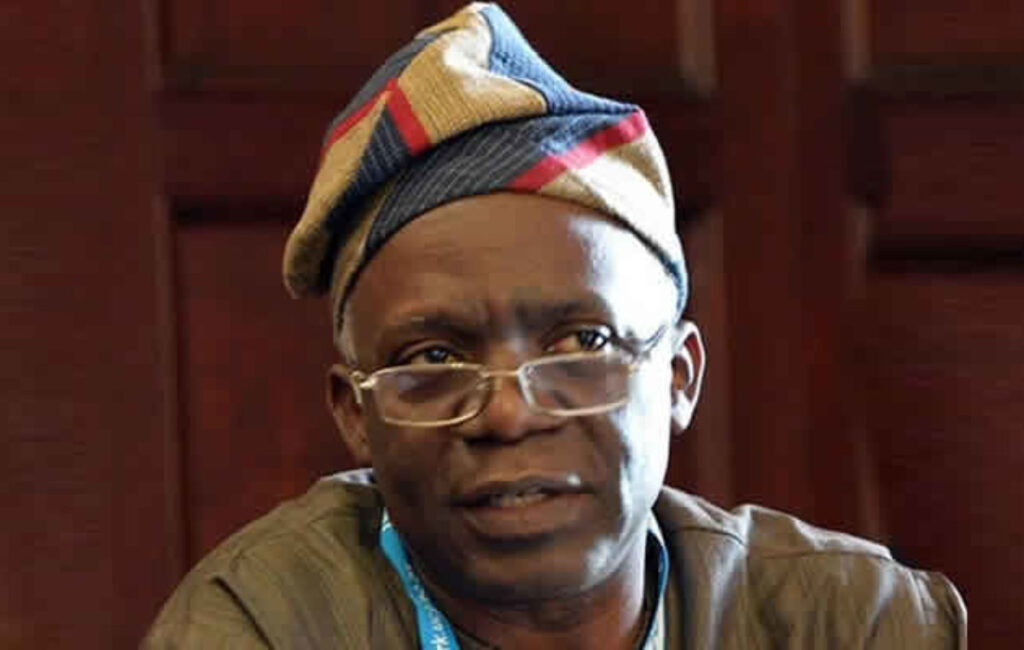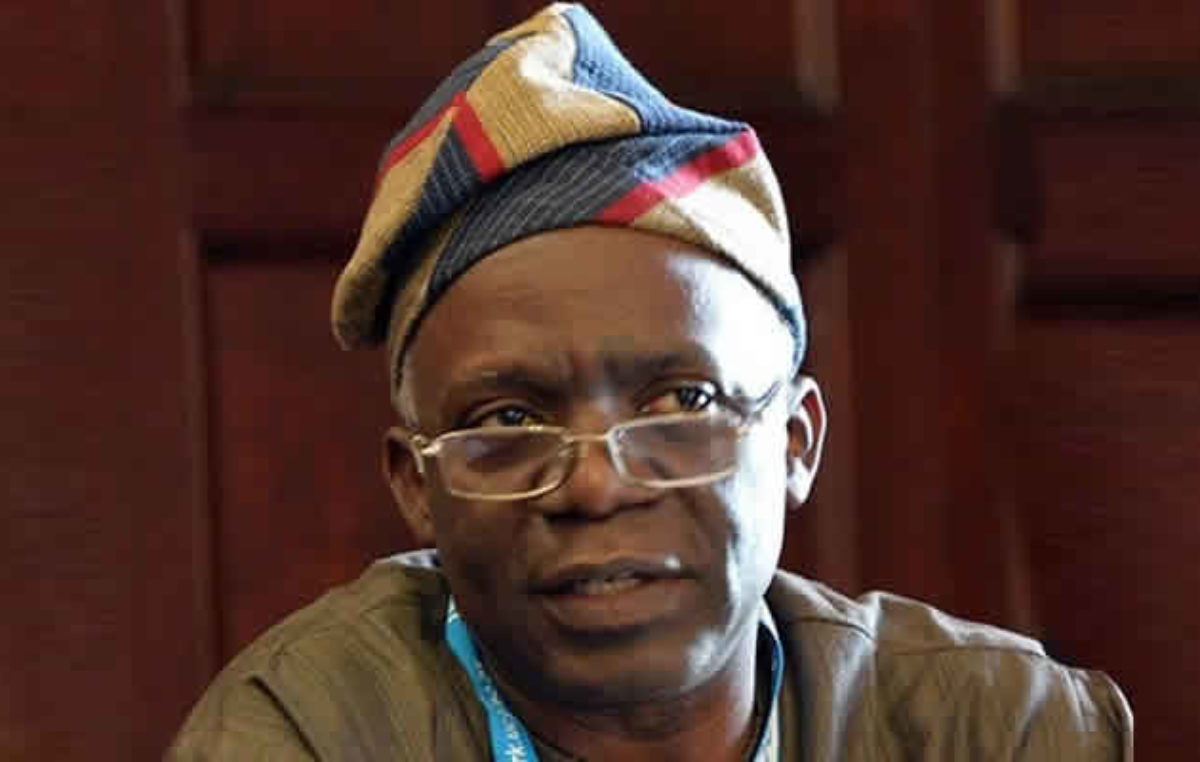
He expressed his displeasure that the judiciary was facing an unprecedented blackmail and intimation over the presidential election petitions.
Human rights lawyer, Femi Falana, SAN, has said the judgement slated to be delivered on Wednesday by the Presidential Tribunal is not final.
Falana, who was speaking on Channels Television’s programme on Monday, added that any party dissatisfied with the decision could still approach the Supreme Court for redress.
He expressed his displeasure that the judiciary was facing an unprecedented blackmail and intimation over the presidential election petitions, saying there was no election petition that had attracted such attention in the country since colonial rule.
He said, “We have been having election petitions since the colonial era, but none has attracted such level of blackmail and intimidation of the judiciary.
“I am worried that people give the impression that everything ends with the judgement of the Court of Appeal, the Presidential Election Petition Tribunal. Any party that loses on Wednesday still has the opportunity to appeal to the Supreme Court. So, what is the basis for the cheap blackmail that is going on?” the senior lawyer queried.
The senior counsel blamed the blackmail and intimidation on new voters who believe their candidate must be proclaimed the winner, claiming that this was not what election tribunals were about.
He stated that it was for the justices to examine the evidence presented by the parties, apply the law, and render a verdict.
He continued: “As they say, even if the heavens will fall and the heavens won’t fall anyway, the judges must not be intimidated, they must give their decision regardless of blackmail or intimidations convinced that they can justify their judgment.
“That is what is required of them, to examine the evidence, apply the law and deliver a decision. One way or the other, some will lose, some will win; but those who lose in the case and are aggrieved will have another opportunity to approach the Supreme Court and demonstrate how the Court of Appeal has erred,” Falana added.


